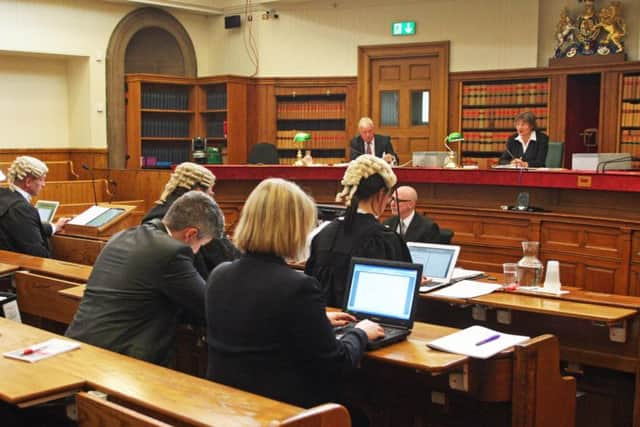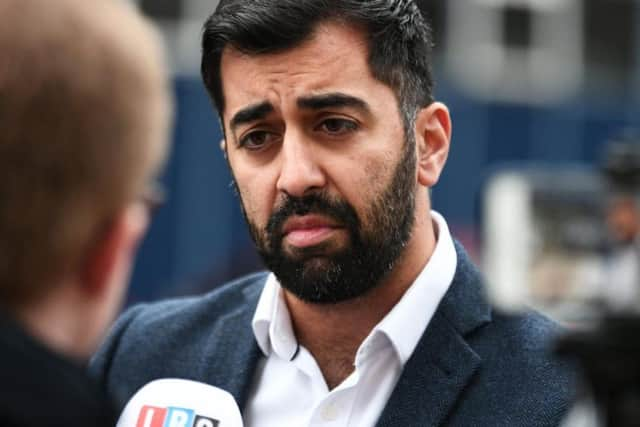Nicola Sturgeon to meet rape victim campaigning to end not proven verdict
The woman, known only as Miss M, who will meet Nicola Sturgeon on Wednesday, insisted the measure would help "every rape survivor in Scotland".
Justice Secretary Humza Yousaf has already said he is open-minded about whether Scotland should move to a two-verdict system - instead of the current system where jurors have the options of guilty, not guilty or not proven all available to them.
Advertisement
Hide AdAdvertisement
Hide AdMiss M took the highly unusual step of pursuing a civil case against her attacker after a jury originally found the case against him not proven.


That second case - where there was a lower burden of proof - resulted in a sheriff ruling that Stephen Coxen had raped her and ordering him to pay her £80,000.
Miss M said that since her landmark case she had seen an increase in the number of women interested in pursuing civil actions, as she said hearings concluding with a not proven verdict "doesn't feel like an end".
Speaking on BBC Radio Scotland's Good Morning Scotland programme, the former St Andrew's University student said that, after five years of court proceedings she wanted "to invest my time in something that would help other rape survivors and every rape survivor in Scotland".
She added: "A not proven verdict doesn't feel like an end - you've been though this process for maybe two years, three years, and at the end of this process you expect it to be the end.


"But really it isn't over for us. Some people say it is never going to be an ending with a not proven verdict."
The woman continued: "I got a not proven verdict and my case was failed in a number of ways that I should have gone back and I could go back to complain about, but I decided I was going to take a civil case and go through all the evidence and have the right witnesses turn up."
Speaking about her campaign to end the not proven verdict, she said: "Now it is about what can I do for other women in Scotland, what can I do with my energy and the fact that I am able to speak up and a lot of other people haven't found their voice yet.
Advertisement
Hide AdAdvertisement
Hide Ad"Now what I am doing is investing my time and trying to do something, highlighting that actually we are having jury members sit on trials where they do not know what a not proven verdict is."
A study into jurors' behaviour in Scotland, published in October, concluded that "individual jurors were significantly less likely to favour a guilty verdict when the not proven verdict was available".
The research also found there was "evidence of some inconsistency in jurors' understanding of what the not proven verdict means".
And Miss M said "Frankly, there is no definition of not proven set in stone."
She added: "Now it is trying to acknowledge that we have a verdict people don't understand ... It's a huge problem in Scotland and we can do better."